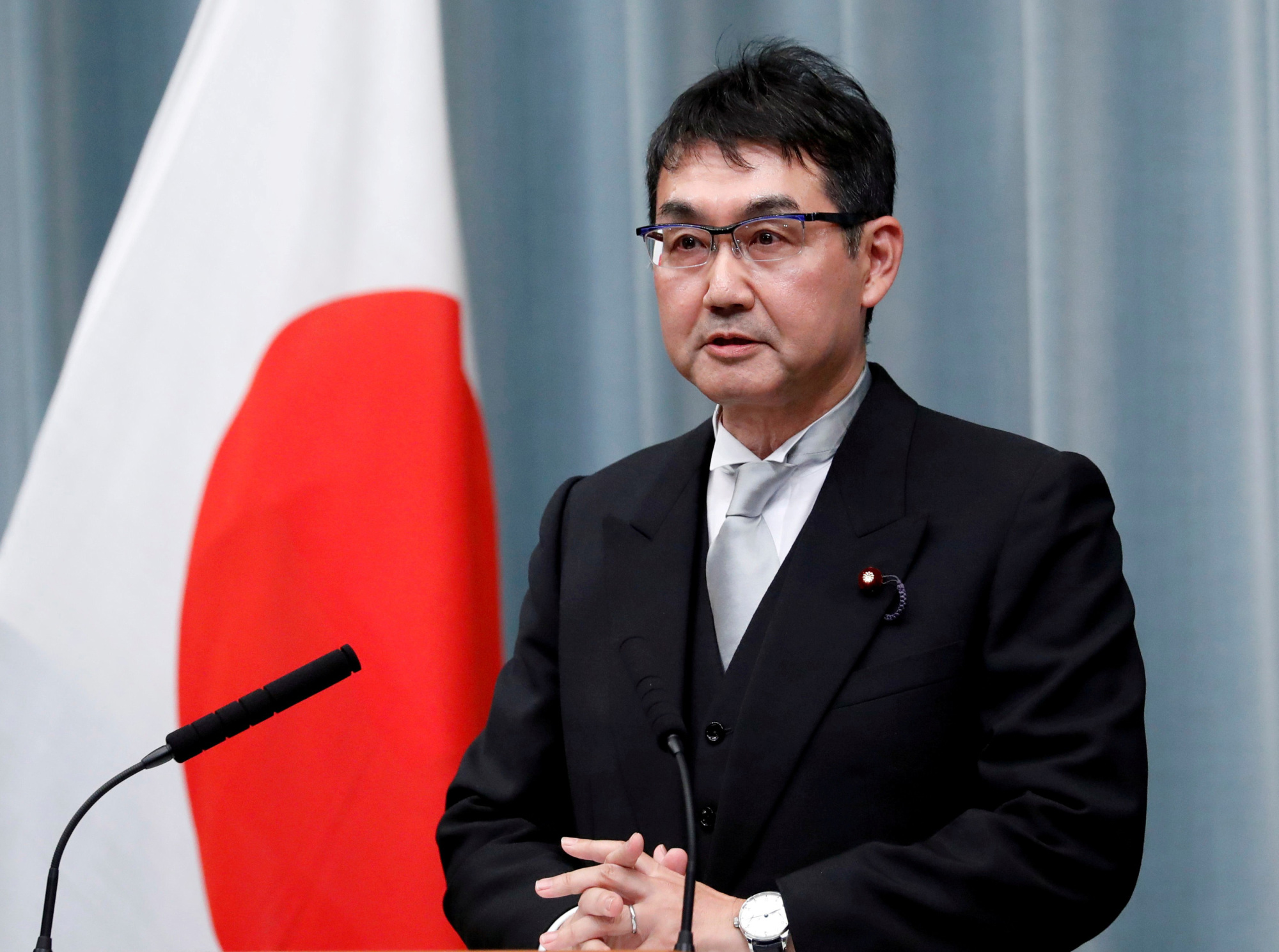In another turn of events for Prime Minister Shinzo Abe's administration, Justice Minister Katsuyuki Kawai has stepped down over reports of improper payments made to his wife's campaign staff (she is also a Diet member). This comes less than a week after Isshu Sugawara resigned as minister of economy, trade and industry because of his own scandal related to financial improprieties.
Considering that the Ministry of Economy, Trade, and Industry is one of Japan's most prominent government institutions, conventional logic might suggest that the loss of the METI minister to scandal would have been a blow to the Abe administration. How badly did it hurt Abe's public opinion? In a Kyodo News poll taken later that week, the Cabinet approval rating was up 1.1 percent. Kawai's sudden resignation may not make a major dent in public opinion either.
While that may seem counterintuitive, these resignations offer a window into Japanese Cabinet politics, providing observers insight into the nature of ministerial appointments, when resignations become major problems for administrations, and why they may only have a limited impact on the political landscape. Like others before them, Sugawara and Kawai fell victim to the period of vulnerability that accompanies high-profile government appointments in Japan.



















With your current subscription plan you can comment on stories. However, before writing your first comment, please create a display name in the Profile section of your subscriber account page.